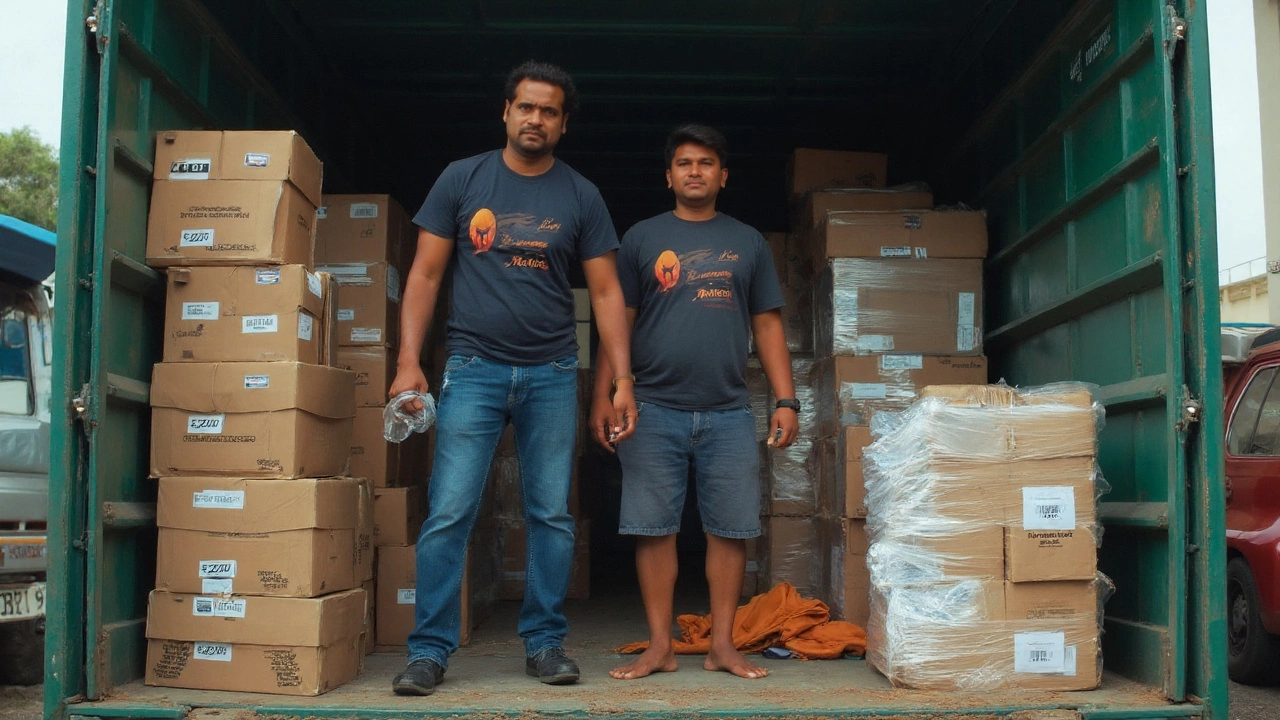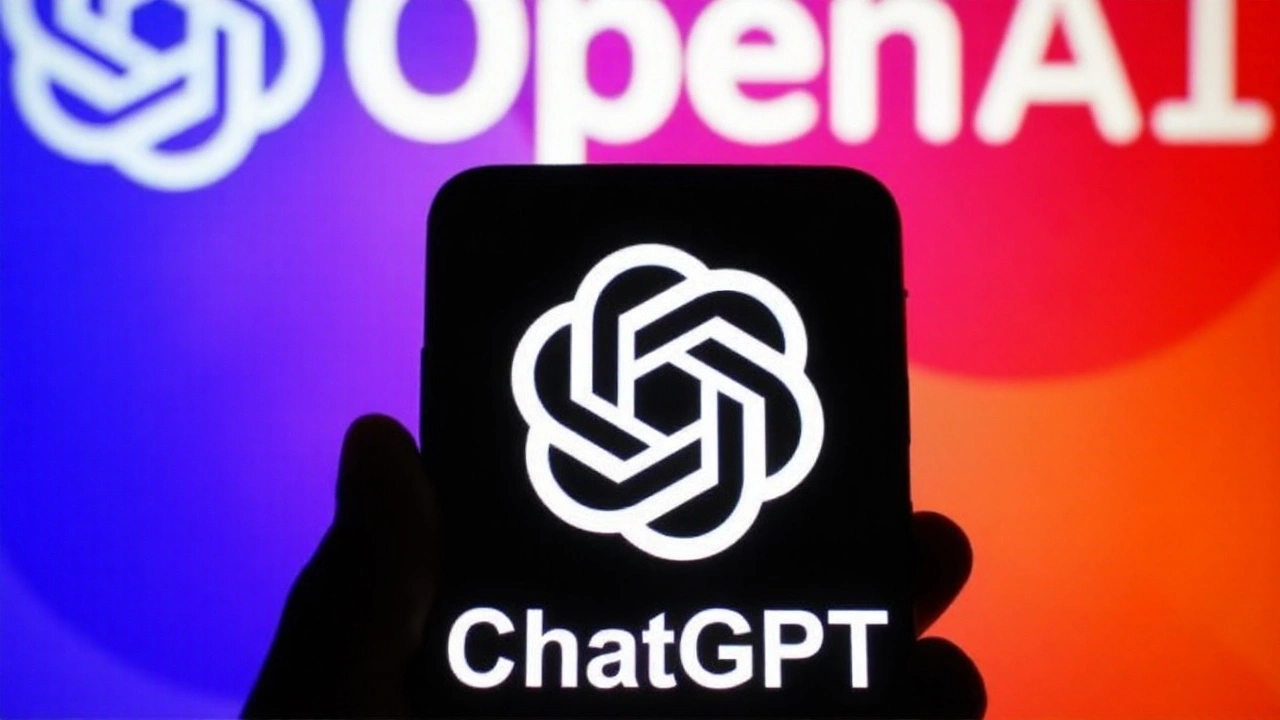How an AI Prompt Turned Into a Six‑Figure Win
When Carrie Edwards walked into a Midlothian convenience store on September 8, 2024, she didn’t expect her day to end in headlines. The 58‑year‑old widow simply wanted to try her luck at the Virginia Lottery’s Powerball lottery and, on a whim, asked the new chat assistant on her phone for a set of numbers.
"I was like, ‘ChatGPT, talk to me… got any numbers?’" Edwards recalled at a press briefing later that week. The AI, trained on a massive corpus of text but not designed for gambling, spit out a random string of digits. Edwards bought a ticket with the suggestion, added the $1 Power Play feature, and went about her day.
The drawing that night matched four of the first five numbers and the Powerball itself. That combination paid out $50,000, but the Power Play multiplier tripled the amount, pushing the total to $150,000 – roughly ₹1.32 crore.
Two days later, a notification buzzed on her phone. At first she thought it was a scam. "I thought, ‘I know I didn’t win,’" she said, laughing. A quick check on the official lottery website confirmed the win, and the Virginia Lottery office later called to verify her identity.
While many would celebrate the windfall, Edwards’ reaction was different. She’d already decided that the money would go straight to causes close to her heart, turning a lucky chance into a purposeful act.

Charitable Giving: Where the Money Is Going
Edwards named three organizations that would receive the full $150,000. Each reflects a facet of her personal story – service, community, and healing.
- Navy‑Marine Corps Relief Society: A nonprofit that offers emergency financial help, educational scholarships, and counseling to active‑duty service members, veterans, and their families. Edwards said the organization represents the "service" side of her values.
- Shalom Farms: A Richmond‑based food justice initiative that works toward an equitable food system, providing fresh produce to underserved neighborhoods. To Edwards, this is the "community" pillar.
- Association for Frontotemporal Degeneration (AFTD): A research‑focused charity dedicated to finding treatments for the rare form of dementia that claimed her husband’s life last year. This represents "healing" in her eyes.
"As soon as that divine windfall happened, I knew exactly what to do with it," Edwards told reporters. "I’ve been so blessed, and I want this to be an example of how other people, when they’re blessed, can bless other people."
Her decision has sparked a wave of social media chatter, with many praising the blend of cutting‑edge technology and old‑fashioned generosity. Some skeptics wondered if the AI truly played a role beyond random chance, but Edwards insists it was a fun experiment that turned out spectacularly.
Experts in AI note that while tools like ChatGPT can generate random numbers, they have no predictive power for lotteries. "The model is designed to mimic human language, not forecast probability," says Dr. Lena Ortiz, a data scientist at the University of Virginia. "What’s fascinating here is the narrative—people love a story where technology seems to align with luck."
Legal analysts also weighed in, confirming that using AI‑generated numbers poses no regulatory issues. The Virginia Lottery’s rules only require the ticket to be purchased legally; the source of the numbers is irrelevant.
Meanwhile, the charities are already planning how to allocate the funds. The Navy‑Marine Corps Relief Society intends to expand its emergency grant program, Shalom Farms hopes to scale its urban farming sites, and AFTD will funnel the donation into a new grant for early‑stage research.
Edwards’ act arrives at a time when many nonprofits are grappling with post‑pandemic budget shortfalls. A single six‑figure donation can make a tangible difference, especially for organizations that rely heavily on community contributions.
Beyond the monetary impact, the story raises larger questions about how everyday users interact with AI. From choosing dinner recipes to picking lottery numbers, people are increasingly turning to chatbots for suggestions. Edwards’ experience may encourage others to view AI as a playful assistant rather than a mystical oracle.
Whether you regard the win as pure luck, a quirky experiment, or a sign of the times, one thing is clear: a simple query to a chatbot sparked a chain of events that turned a $150,000 jackpot into hope for veterans, food‑insecure families, and dementia researchers alike.

